SEAS
Department of Civil Engineering
B.Tech. in Civil Engineering
The Civil Engineering curriculum provides students with a strong foundation in the discipline, an overall understanding of the components related to the various civil engineering fields like structural engineering, geotechnical engineering, environmental engineering, hydrology, transportation engineering, water resource engineering etc. The exposure will enable them to address various challenging problems and motivate them to conduct research in emerging challenging areas. Our curriculum will prepare the student not only to address present problems through industry internship but also guide them with the latest concepts through projects and assignments. Regular presentations by industry and research scientists from various areas help students to experience real-world applications of engineering methods. Students are exposed to ongoing research problems and the methodology of research and innovation through the Undergraduate Research Opportunities Program (UROP).
Programme Educational Objectives (PEO)
Programme Specific Outcomes (PSO)
Engineering Knowledge
Problem Analysis
Design/Development
Analysis, Design and Research
Modern Tool Usage
Society and Multicultural Skills
Environment and Sustainability
Moral and Ethical Awareness
Individual and Teamwork
Communication
Project management and finance
Life-Long Learning
Focus Areas of the Programme
Structural Engineering

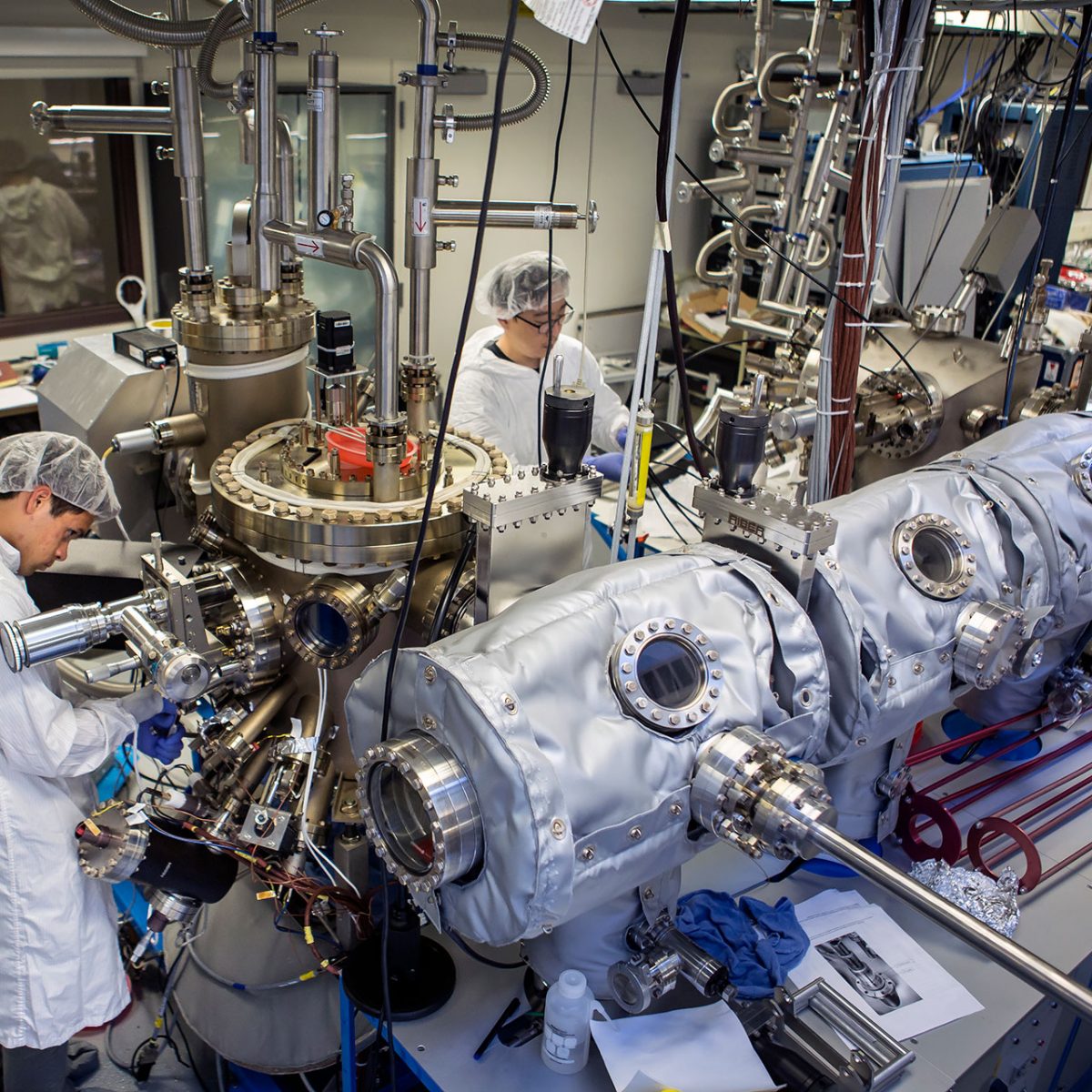
Material Science and Engineering
Earthquake Engineering
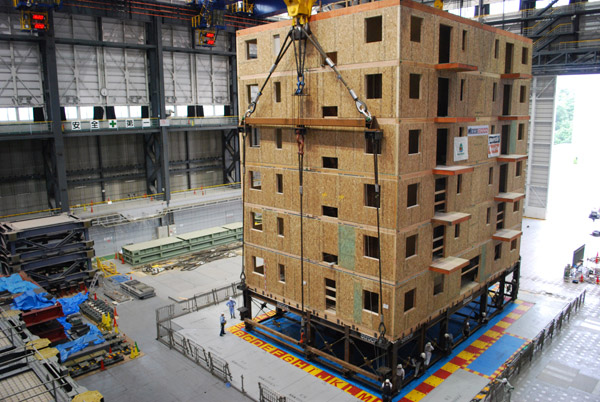
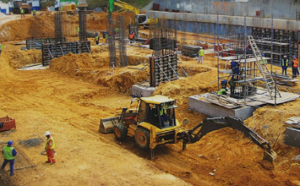
Geotechnical Engineering
Water resource Engineering
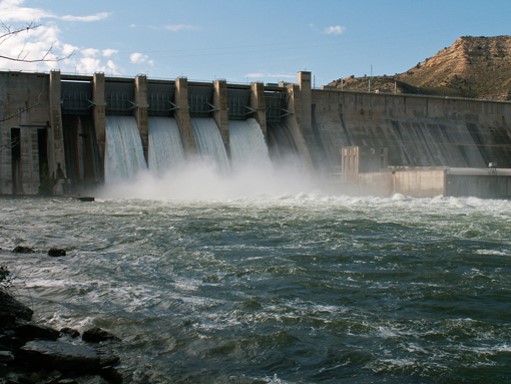

Environmental Engineering
Transportation Engineering
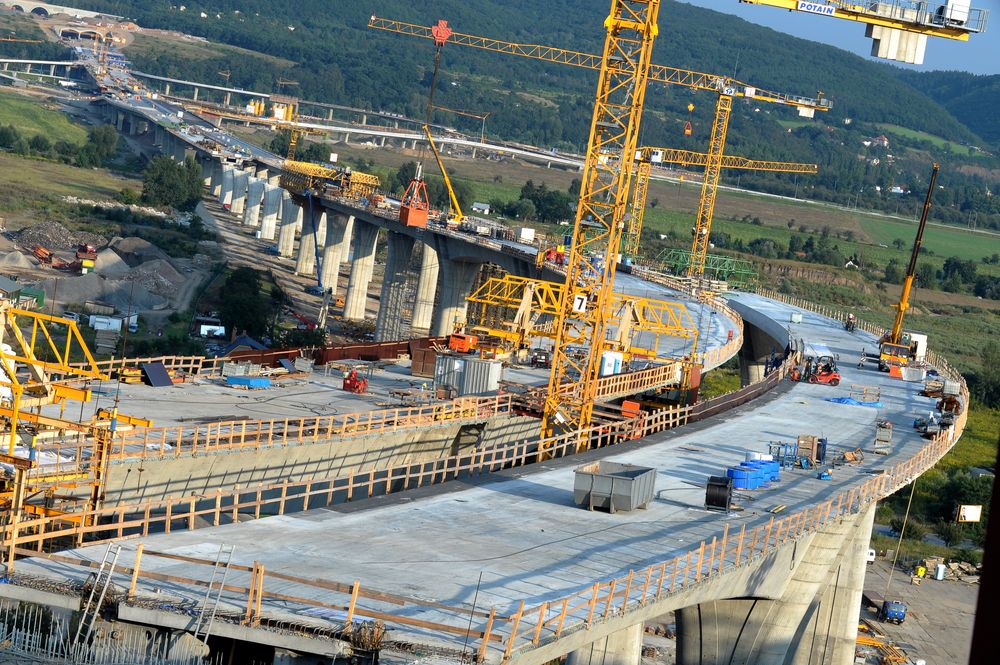
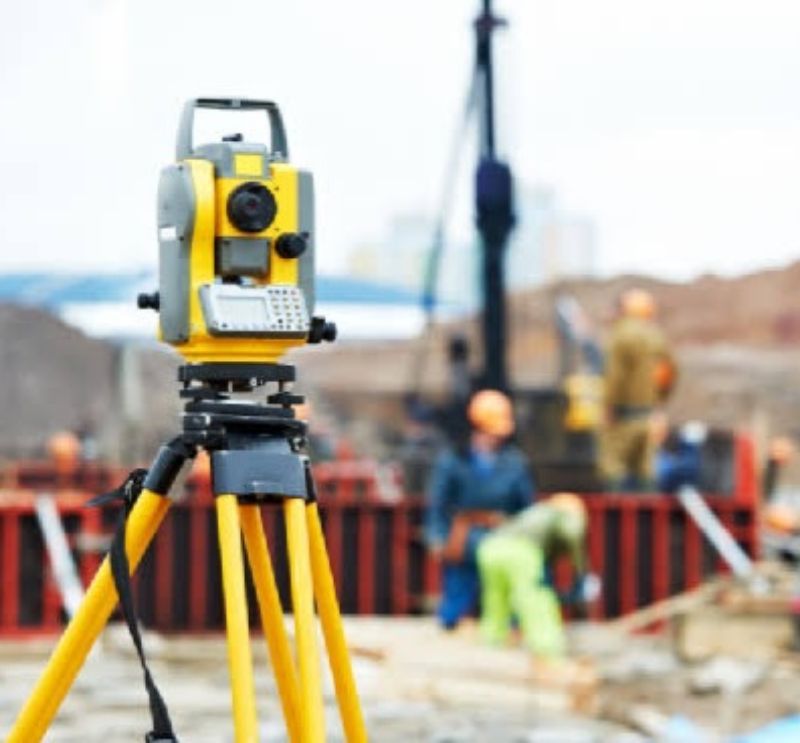
Surveying and Geoinformatics Engineering
Construction Engineering

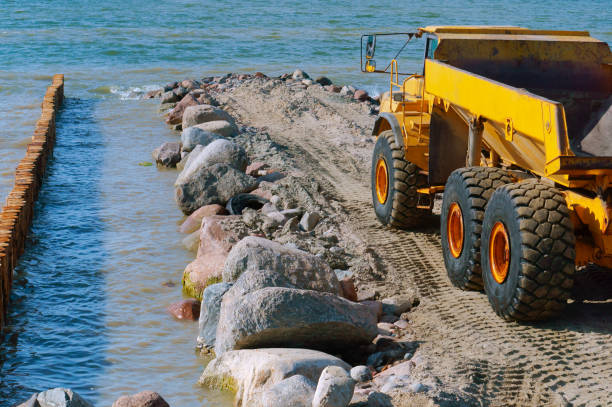
Coastal Engineering
Coastal engineering is concerned with managing coastal areas. In some jurisdictions, sea defence and coastal protection mean defence against flooding and erosion, respectively.

